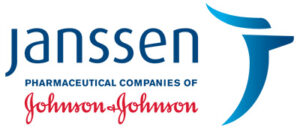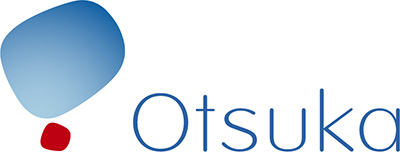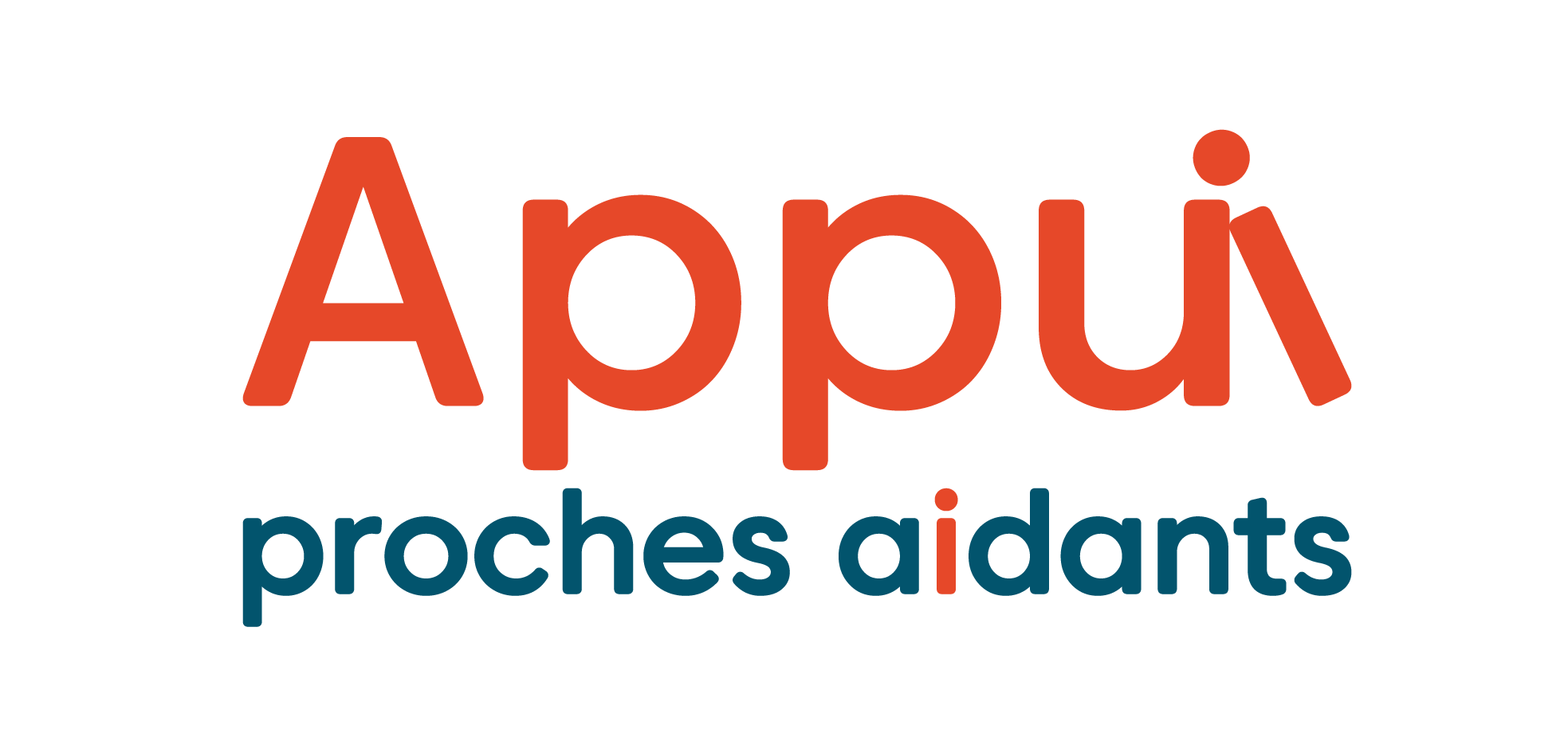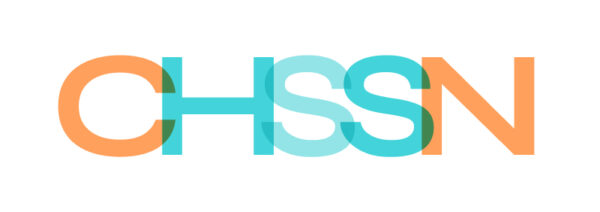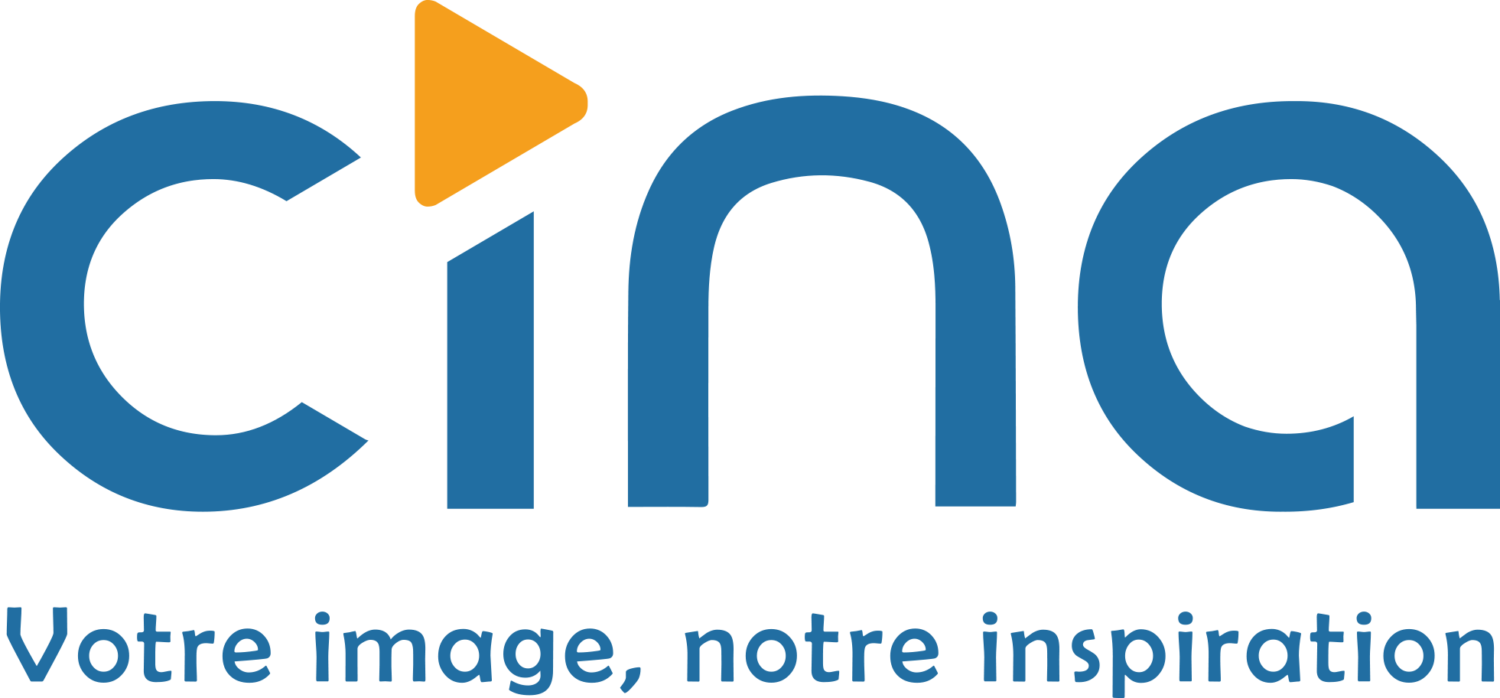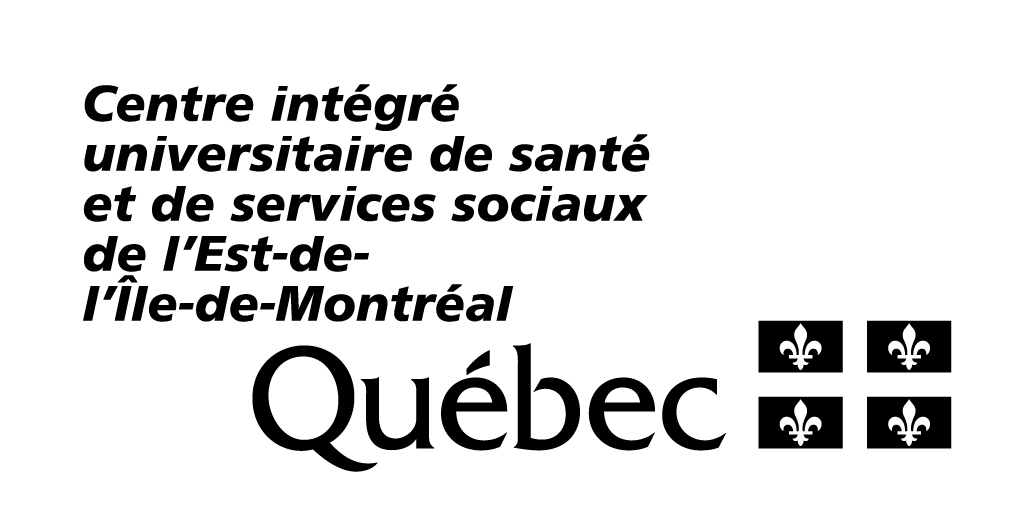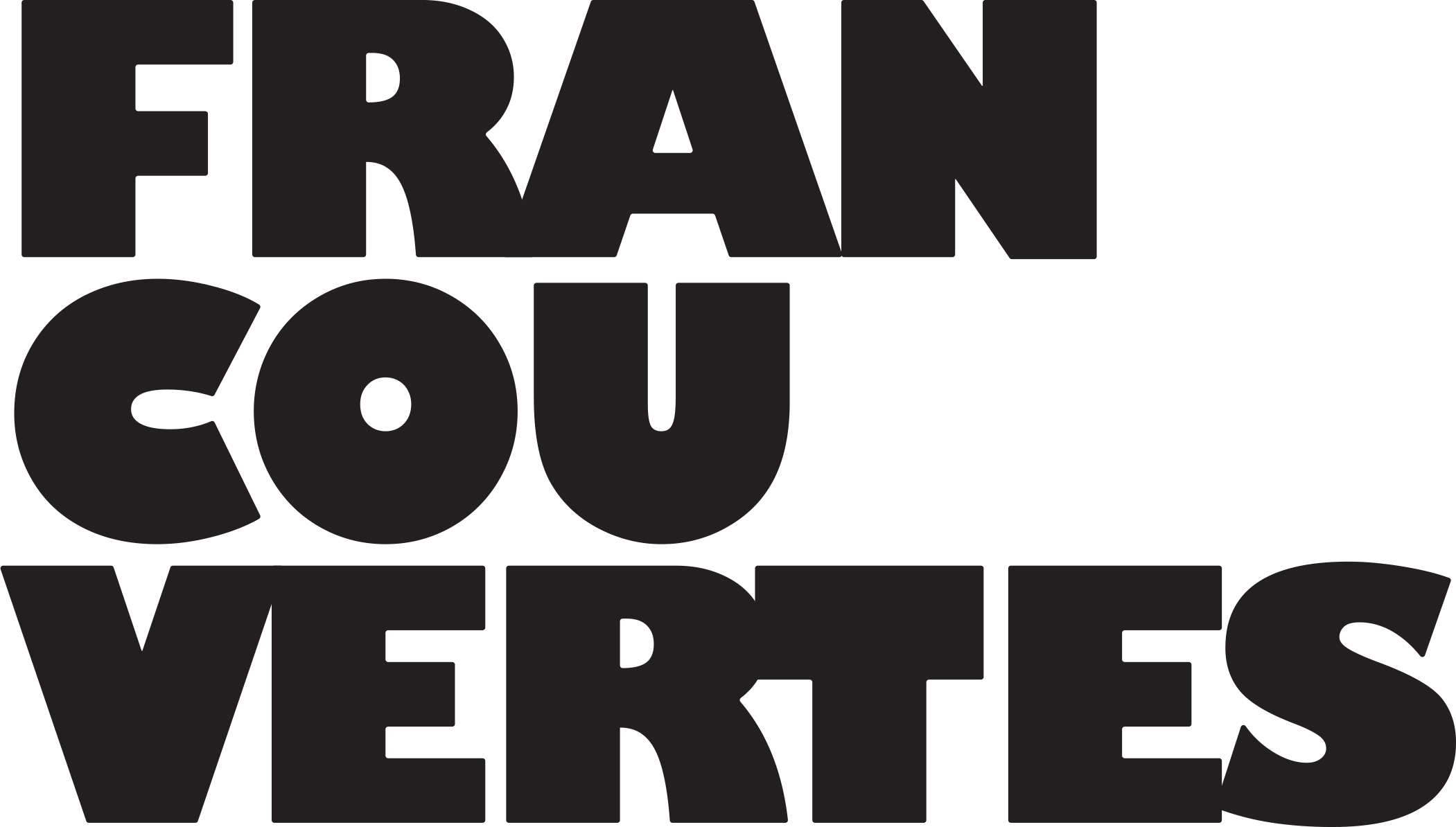Drug use and performance anxiety
Does students fuelling themselves with coffee and cigarettes to survive their exams sound familiar? Performance anxiety is common in university settings (and elsewhere) and many don’t just stick to coffee during stressful times. This is when the cocktail of anxiety, drugs, medication and alcohol comes into play.
Are there people around you who suffer from performance anxiety? Do you suffer from it yourself? Don’t worry, you are not alone. This form of anxiety is very common, and according to the Conseil Supérieur de l’Education, the problem begins long before university. Based on 2018 data from the Institut de la Statistique du Québec, the Conseil points out that there has been an increase in cases as early as elementary school and especially in high school :
The prevalence of anxiety disorders, depression, eating disorders and ADHD has been increasing since 2010-2011. Similarly, the use of medication for anxiety or depression, as well as that taken for its calming effects and to focus, is on the rise. The same observation can be made with respect to the relative proportion of students displaying high psychological distress throughout all levels of high school. These increases have been observed globally. (Couture, 2019)
How to respond to performance anxiety at university
As noted earlier, the problem often starts before higher education begins. Anxiety can creep into our lives long before university, and more than 75% of mental illnesses show up before the age of 25. With appropriate action taken at a younger age and better support in schools, there are ways to address the problem before it occurs.
That said, performance anxiety is a major problem in higher education. Mental health is one of the Union étudiante du Québec’s (UEQ) top 3 concerns. In the fall of 2019, the UEQ conducted a provincial study entitled “What’s Behind the Mask?” The objective? To learn more about students’ psychological health. On many campuses, over 20% of students suffer from anxiety, depression or severe stress.
What should you do if your friend or significant other is suffering from performance anxiety or another mental illness? First, refer them to the right resources. If you need advice, CAP santé mentale member affiliates can help.
Find a member affiliate located in the region where you live at : https://www.capsantementale.ca/reseau-organismes-aide/
You can also call us at 1-855-CRAQUER (272-7837)
You can also help by being available and listening. Let’s be clear though — You are not a substitute for health care professionals. However, by being positive and encouraging your loved one to seek help, you can make a difference. Don’t forget to remind them that this is a medical illness and that health is something that can be improved. If they broke their wrist, would they see a doctor? This the same thing.
The impacts of COVID-19
Between uncertainty over the near future, isolation and online learning, it can become difficult to stay motivated and engaged in our studies. For some, not being able to compare ourselves to others has been beneficial and reduced our performance anxiety. For others, the fear of not succeeding and difficulty coping with the new normal has made it worse. In general, whether studying at a CEGEP or university, the current situation has led to a surge in reported cases of anxiety and feelings of distress among students.
Check out the resources available through your school and stay in contact with other students. Why not use a video calling platform to host your next group study session?








